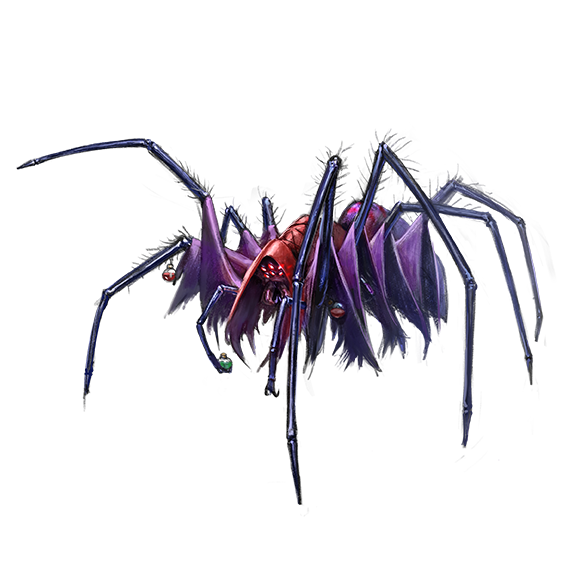

All hail the overseerr


All hail the overseerr


You welcome. The more you make mistakes the more you learn, just remember backups backups backups and you should be fine.


When you say “I told it to sync my one drive folder, and it did it’s best” did you install nextcloud desktop and point it at the same folder that was currently syncing onedrive?
If yes, never do this. You should never layer two sync services that support virtual files over the same folder. The best way migrate to nextcloud is to use the nextcloud apps that connect to one drive and help you migrate.
Failing that the correct way would be to either set onedrive and nextcloud to sync 2 Seperate folders then copy from the onedrive folder to the nextcloud folder. Or set one drive to download all files, disable it entirely, then install nextcloud syncing with the formerly one drive folder.


Honestly these things are really vital to learn if you want to be self hosting, however if you’re unfamiliar with them I would not start with your password vault. You’re almost certainly going to make mistakes and risk losing the vault. I would learn on something less vital then once you’re feeling more comfortable add vault warden.


CPUbenchmark.net is the best way to compare 2 CPUs.
Directly comparing cores and speed is only useful across the same architecture, comparing brands and different generations should only be done via benchmarks.
I can’t provide any feedback about if those CPUs are enough for immich as I do not use it.


I struggled to get it set up last night, eventually I stumbled across issue 796 on the github which had the solution. https://github.com/neonbjb/tortoise-tts/issues/796#issuecomment-2204846504
Seems there’s an issue with the dependencies currently and all versions of installing tortoise-tts from the existing instructions is doomed to failure without manual intervention.
As mikejgrecojr commented in the linked github issue, the fix for running via docker is:
Try updating your Dockerfile by adding in scipy to the conda install and specifying version 1.13.1 on line 31 like below. That worked for me:
&& conda install pytorch==2.2.2 torchvision==0.17.2 torchaudio==2.2.2 pytorch-cuda=12.1 scipy=1.13.1 -c pytorch -c
You can’t assign ports via DNS, what you need is a reverse proxy. Nginx proxy manager is easy to use and very popular.